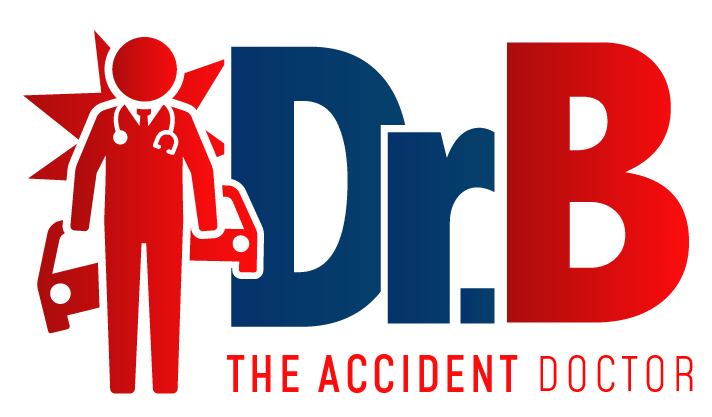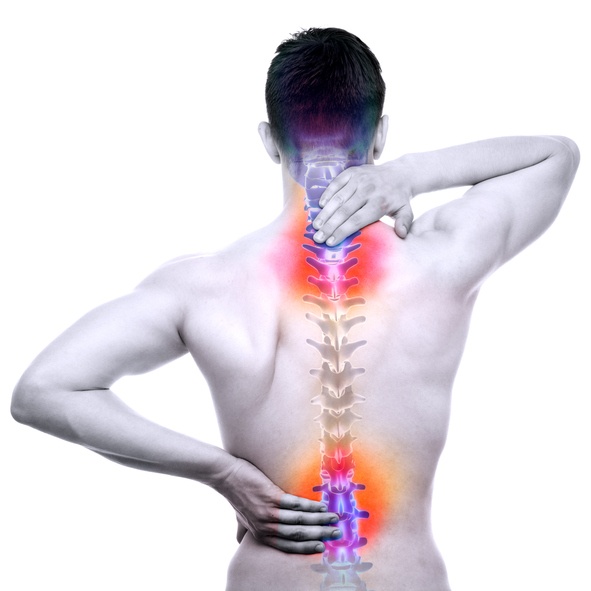The biggest and most important difference between a personal injury claim and a workers’ compensation claim is that a personal injury claim is based on fault while a workers’ comp case is not.
In order to recover damages against someone for a car accident, a slip and fall, or indeed any type of personal injury claim, the other person must be negligent, meaning that the person must have done something wrong.
Personal Injury Cases: Fault Required
To understand the concept of fault in a personal injury claim, consider a typical slip-and-fall case. Simply because you slipped and fell on someone else’s property doesn’t mean that the person who owns the property (or anyone else for that matter) was negligent. Accidents, where no one is at fault, do happen.
In order to recover damages for slipping on someone else’s property, you and your lawyer must prove that that other person negligently maintained the property. In other words, you must show that the other party did something wrong. Similarly, if you are in a car accident, you can only recover damages from the other driver if the other driver was at fault.
Workers’ Comp Cases: Fault Not Required
In a workers’ compensation case, any employee injured on the job is entitled to workers’ compensation benefits, with some very limited exceptions. Workers’ compensation has nothing to do with fault. You don’t need to prove that your employer or your co-workers did anything wrong in order for you to receive workers’ compensation benefits. Even if you were negligent, and your negligence caused your injury, you’re still entitled to receive workers’ compensation benefits.
Damages for Pain and Suffering
The biggest difference in damages between a personal injury lawsuit and a workers’ compensation case is that you aren’t entitled to benefits for pain and suffering in a workers’ compensation case. In a personal injury claim, you are entitled to recover all of the damages that you have suffered. Damages include lost earnings, lost earning capacity, medical bills, future medical expenses, permanent impairment, pain and suffering, and loss of enjoyment of life (i.e., hedonic damages), among other things.
But in a workers’ compensation case, you can only receive weekly compensation, permanent impairment benefits, medical bills, and vocational rehabilitation. (For more detail, see How Much in Workers’ Compensation Benefits Will You Get?)
You cannot receive benefits for pain and suffering in a workers’ compensation case. This is because the concept of workers’ compensation is basically a trade-off between labor and business owners. Before states enacted workers’ compensation laws around the turn of the 20th century, the only remedy that injured workers had against their employers was to sue them for negligence. If the employer was not negligent, or if the employee did not sue or bring a claim against the employer, the employee got nothing.
Houston San Antonio Dallas Austin Fort Worth El Paso Arlington Corpus Christi LaredoAmarillo Brownsville McAllen Waco Round Rock New Braunfels Abilene San Marcos Eagle pass Del Rio Odessa

Were you injured in an accident?
Schedule an appointment with us today
Make an appointment today: 210-342-2777




